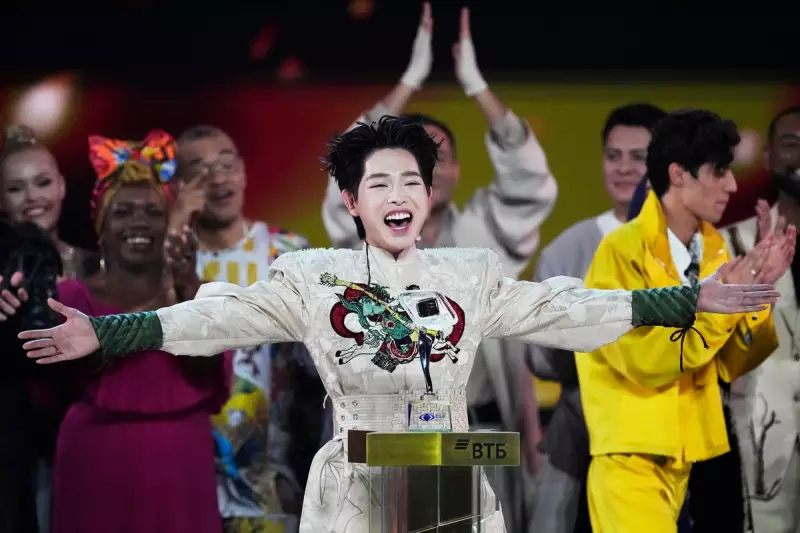
In a bold move that signals a deepening cultural schism, Russia is forging ahead with plans to create its own answer to the Eurovision Song Contest. Dubbed 'Intervision', the new music competition is being designed to include nations that are politically aligned with Moscow, such as China, Belarus, and South Korea, following Russia's continued exclusion from the European event.
The initiative, championed by pop singer and Duma member Dmitry Pevtsov, is a direct retaliation against the European Broadcasting Union's (EBU) ban on Russian participation since the full-scale invasion of Ukraine in 2022. Pevtsov has formally submitted the proposal to the country's culture ministry, framing it as a necessary step to create a platform for 'friendly' nations.
A New Front in the Culture Wars
This isn't Russia's first attempt to counter Eurovision. A similar 'Intervision' concept was floated in 2008 and briefly attempted in 2014 after the annexation of Crimea, but it failed to gain significant traction. The current geopolitical climate, however, provides a new impetus for the project.
The proposed contest would be broadcast by the Patriot media group, closely associated with the Russian defence ministry, further underscoring the project's political underpinnings. This alignment positions Intervision not merely as entertainment, but as a soft power tool.
Eurovision's Stance and the Precedent of Suspension
The EBU's decision to suspend Russia was made on the grounds that its participation would 'bring the competition into disrepute'. This was not an unprecedented move; Belarus was expelled in 2021 over its government's crackdown on dissent and manipulation of media, while Armenia and Georgia have faced past disputes over politically charged song entries.
The article highlights the unique case of Vietnamese-Australian singer Duc Phuc, who was permitted to compete at Eurovision 2022 despite his native country's own political tensions, illustrating the complex and often inconsistent application of the contest's apolitical ideals.
The development of Intervision marks a significant moment in the fragmentation of international cultural events along geopolitical fault lines. It raises profound questions about the future of artistic exchange and whether music can ever truly be separated from the politics of its performers.






